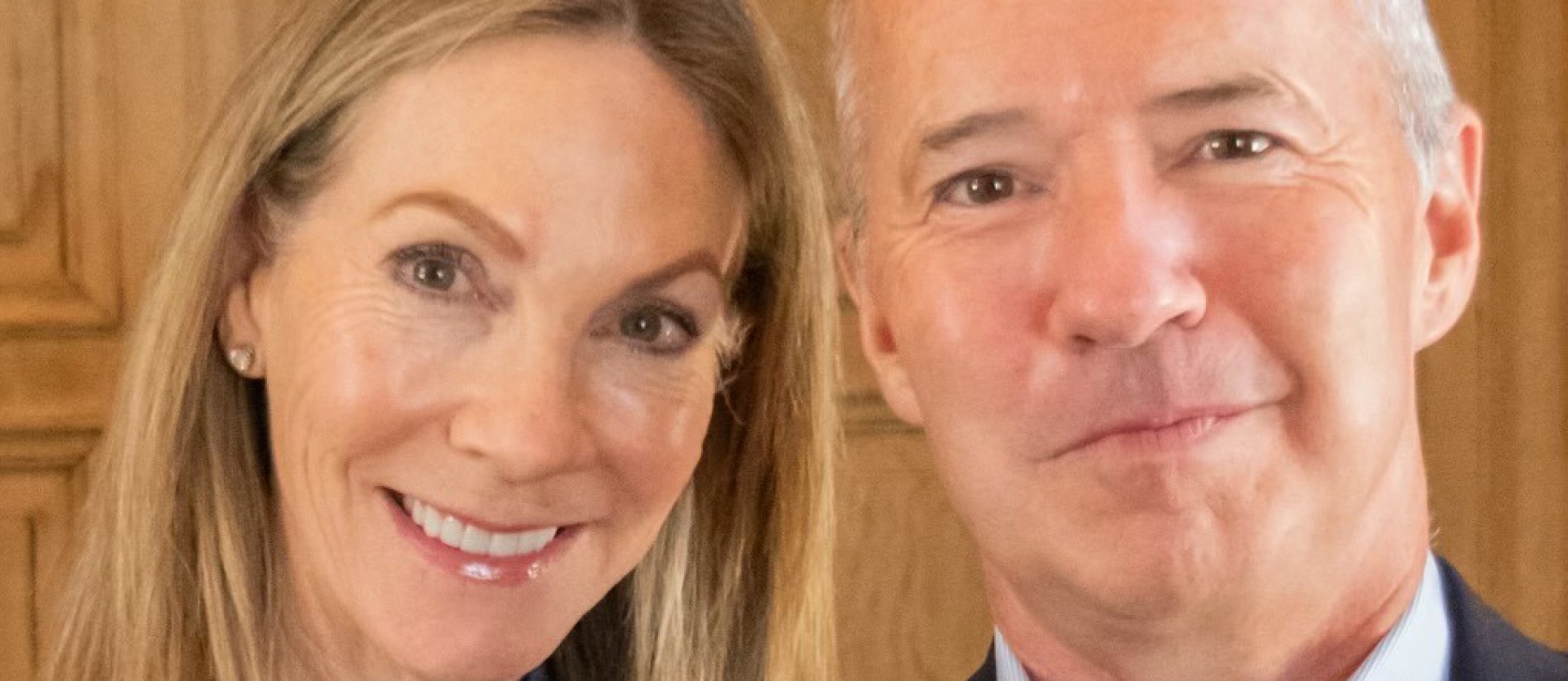You approach a healthcare provider to discuss your concern about the new tightness in your chest. After listening to your description of your symptoms, the provider recommends an EKG study to examine your heart rhythms. The test is a little expensive, but it will provide insight into the health of your heart, one of the biggest—and most important—culprits for chest discomfort.
It’s not an unusual life scenario, and the next steps are invariably going to depend on your EKG results and whatever other testing is ordered. Maybe you need open-heart surgery. Maybe it’s just acid reflux.
Here’s the twist: this entire scenario is an educational exercise, and the person ordering tests and making decisions isn’t a middle-aged M.D.—it’s your 16-year-old child.
This is just one of the numerous ways the K-12 Acton Academies differ from the standard educational model used in most public and private schools. Founded by Jeff Sandefer and his wife Laura, the Acton Academy network of schools is committed to the Socratic method of education for its learners and applying knowledge to real-life scenarios.
But the Acton Academy and the Acton Institute share more than a namesake. Jeff Sandefer was among the first members of the board for Acton Institute.
Jeff will happily discuss at length the ways in which Acton Academies differ from more common educational institutions, and those ways are numerous. From Socratic discussions that put learners in a real-life situation to hands-on multi-disciplinary projects, an Acton Academy class looks very different from a standard public school. The divergences are also philosophical.
Regarding the philosophical underpinnings of Acton Academy, Jeff refers to Father Sirico, the co-founder of Acton Institute, and his concept of the Entrepreneurial Vocation.
“The Entrepreneurial Vocation is really what the Acton Academy is all about,” Jeff states. “We think about that in two ways. One: we’re going to learn how to learn. Two: we’re going to learn how to do. We’re actually going to be able to do something in the world—that’s what the Entrepreneurial Vocation’s about—in order to learn to be who we’re meant to be.”
“The Entrepreneurial Vocation is really what the Acton Academy is all about,” Jeff states. “We think about that in two ways. One: we’re going to learn how to learn. Two: we’re going to learn how to do. We’re actually going to be able to do something in the world—that’s what the Entrepreneurial Vocation’s about—in order to learn to be who we’re meant to be.”
Jeff is himself a highly successful entrepreneur who founded several companies and created the Acton MBA in Entrepreneurship program. He knows a thing or two about business. But instead of doling out rigid “Do This, Not That” lists to would-be business owners, he looks to empower learners to make discoveries and come to conclusions largely on their own. Over the course of approximately 7,000 Socratic discussions that a learner will participate in over the course of their K-12 career in an Acton Academy, their understanding of the world will be both questioned and defended by their classmates, but never compelled.
More than that, each Acton Academy is run, essentially, by the learners. This creates a strong incentive for robust self-government and self-regulation, and it leads to sturdy ethical compacts among the young people. Each Acton Academy studio is its own free and virtuous society in miniature.
According to Jeff, the learners are figuring out, “As Lord Acton would say, ‘To do what one ought.’ But then you have to decide, what is ‘ought’?”
Jeff and Laura are two of the Acton Institute community making an impact in the sphere of education, changing the world for the better one student at a time.












